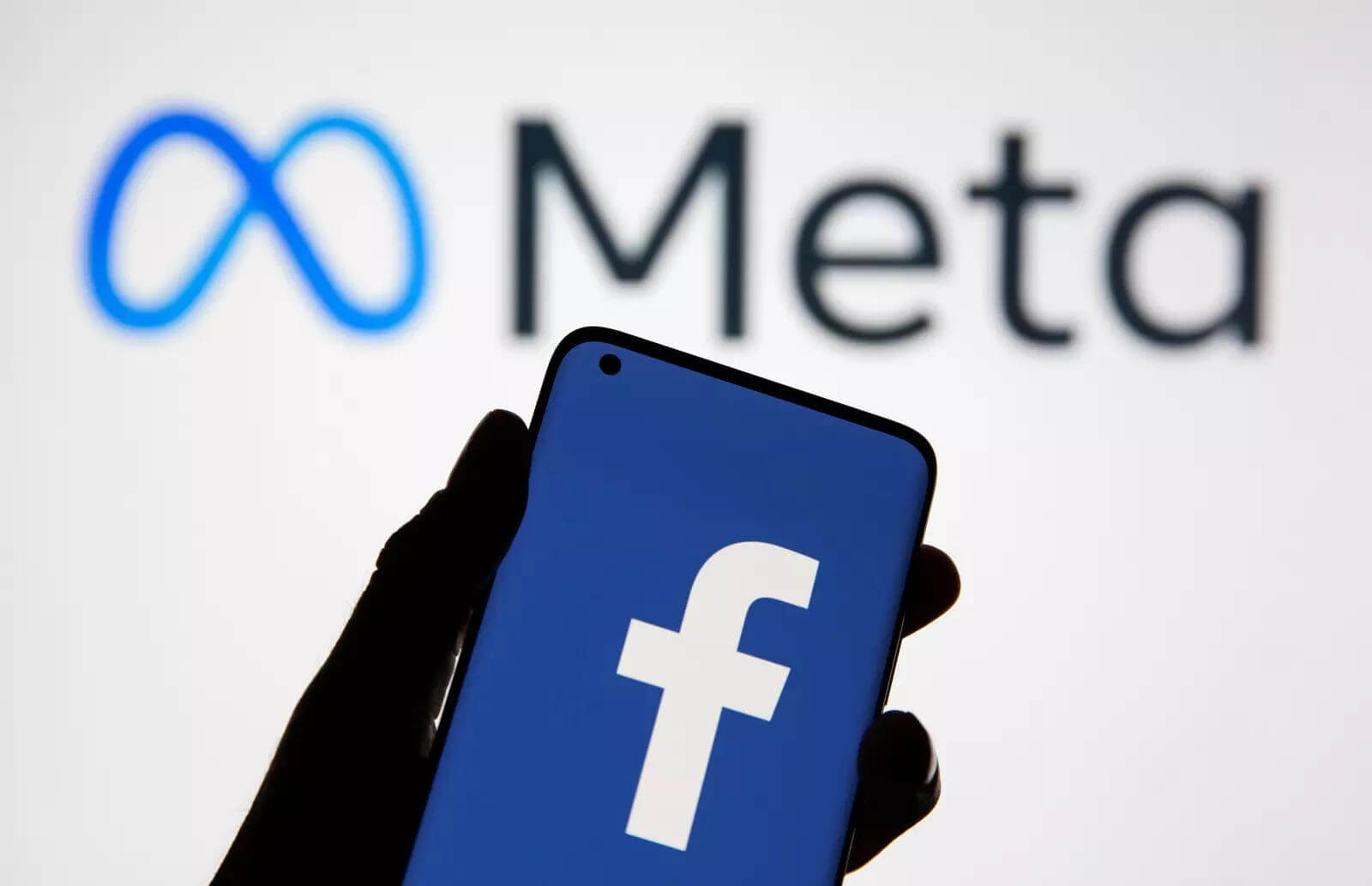Meta, the parent company of Facebook and Instagram, said on Tuesday that it had discovered and “disrupted” the “first Chinese network” focused on influencing the results of the United States’ (US) domestic politics ahead of midterm elections in November.
In a report published yesterday on what it calls “coordinated inauthentic behaviour” (CIB), the company said that China had indulged in “coordinated efforts to manipulate public debate [in the US] for a strategic goal,” in which “fake accounts” had been “central to the operation.” The company added that it is “continuously” working to “remove accounts and pages connected to such operations.”
China: this was the first Chinese network we’ve disrupted that focused on US domestic politics ahead of the midterms and Czech foreign policy toward China and Ukraine.
— Ben Nimmo (@benimmo) September 27, 2022
It was small, we took it down before it built an audience, but that’s a new direction for Chinese IO.
According to the company, “the Chinese-origin influence operation” primarily targeted the US. It noted that although the operation was “small in size, it ran across Facebook, Instagram, [and] Twitter.” It revealed that the operation was mainly split into three “clusters” in the US: “The first, mostly in Chinese, posted mainly about geopolitical issues, criticising the US. The second and third clusters, mainly in English, targeted both sides of the political spectrum in the US.”
Meta reported that the third cluster “added pages and political hashtags” on Facebook that were “almost exclusively” used by the Chinese network, failing to generate following or engagement among “authentic communities.” According to the company, the “four, largely separate and short-lived efforts” each “focused on a particular audience at different times” over the last year. Its efforts on Facebook groups garnered “minimal reaction” and its hashtags on Twitter were also only “used by a handful of accounts.”
This network was divided into four clusters. The first was more typical of Chinese operations: America bad, China good.
— Ben Nimmo (@benimmo) September 27, 2022
The fake posts were reportedly shared “every few weeks” by accounts that “appeared to invest the least in developing fictitious personas.” It added that “even though they posted in Chinese, these accounts had female English names while their profile pictures were of men in formal attire.” These accounts amplified content accusing US President Joe Biden of corruption while criticising top Republican senators like Marco Rubio of Florida for not supporting gun-rights reforms.
In fact, the accounts often flip-flopped in their political opinions in an attempt to sow discord across the political aisle. For example, users who first spoke in favour of gun rights and against abortion were later seen criticising guns and expressing their support for reproductive rights.
They also attempted to promote conspiracy theories, alleging, for instance, that the US is building bioweapons laboratories in Ukraine.
Two Meta officials told The New York Times that although they “could not definitively attribute the campaign to any group or individuals,” the “tactics” demonstrated China’s “growing efforts” to utilise international social media “to promote the Communist Party’s political and diplomatic agenda.”
Ben Nimmo, the tech company’s lead for global threat intelligence, said the latest operation hinted at “a new direction for Chinese influence operations.” “It is talking to Americans, pretending to be Americans rather than talking about America to the rest of the world,” he said, adding, “So the operation is small in itself, but it is a change.” Nimmo also said that even though the campaign “failed to go viral […] the company’s disclosure was intended to draw attention to the potential threat of Chinese interference in domestic affairs of its rivals.”
These clusters were really small, and didn’t build an audience. e.g. their 8 Pages had a combined following of 20 accounts.
— Ben Nimmo (@benimmo) September 27, 2022
But it looks like they were trying to find a window into US debate. While small/failed, it’s important to report and remain vigilant ahead of the midterms.
“Part of the reason for exposing [this campaign] is to raise that flag and say, on hot button issues like abortion and gun control, here’s an operation that was trying to hit both sides. Let’s all just be a little bit wary. Let’s make sure we don’t take our eye off the ball,” the Meta official told Politico.
Graham Brookie, the senior director of the Atlantic Council’s Digital Forensic Research Lab, told USA Today that he didn’t think that Beijing was “trying to change the outcome of various issue-oriented political dialogues” in the US “or trying to change the outcomes of specific elections,” but was simply “trying to figure out what works and what doesn’t work in terms of influence operations in a slightly more aggressive way.”
Referring to reports of Russia carrying out similar, but sophisticated, attacks to interfere in US politics in the past, Brookie added that the Chinese operation was “very similar to some of the more traditional and aggressive Russian state-backed influence operations that target hot-button issues” in the US.
Interestingly, this Chinese operation very occasionally picked up on Russian messaging around things like “US bioweapons”. pic.twitter.com/MJdqyzZRIv
— Ben Nimmo (@benimmo) September 27, 2022
In fact, in the same report, Meta also said that it had taken down “a large network that originated in Russia and targeted primarily Germany, and also France, Italy, Ukraine and the United Kingdom.”
In August 2020, the Senate intelligence committee panel released the final report investigating Russian interference in the 2016 election, which found that the Russian government meddled in the 2016 election to help Trump become president, that the Kremlin’s intelligence apparatus viewed Trump’s aides as easy to manipulate, and that people in Trump’s close circle were eager for help from Russia. It concluded that the Kremlin had launched an aggressive effort to skew the results of the vote in Trump’s favour.
According to intelligence reports, Russian President Vladimir Putin also “authorised extensive efforts” to damage Biden’s campaign during the 2020 election.

